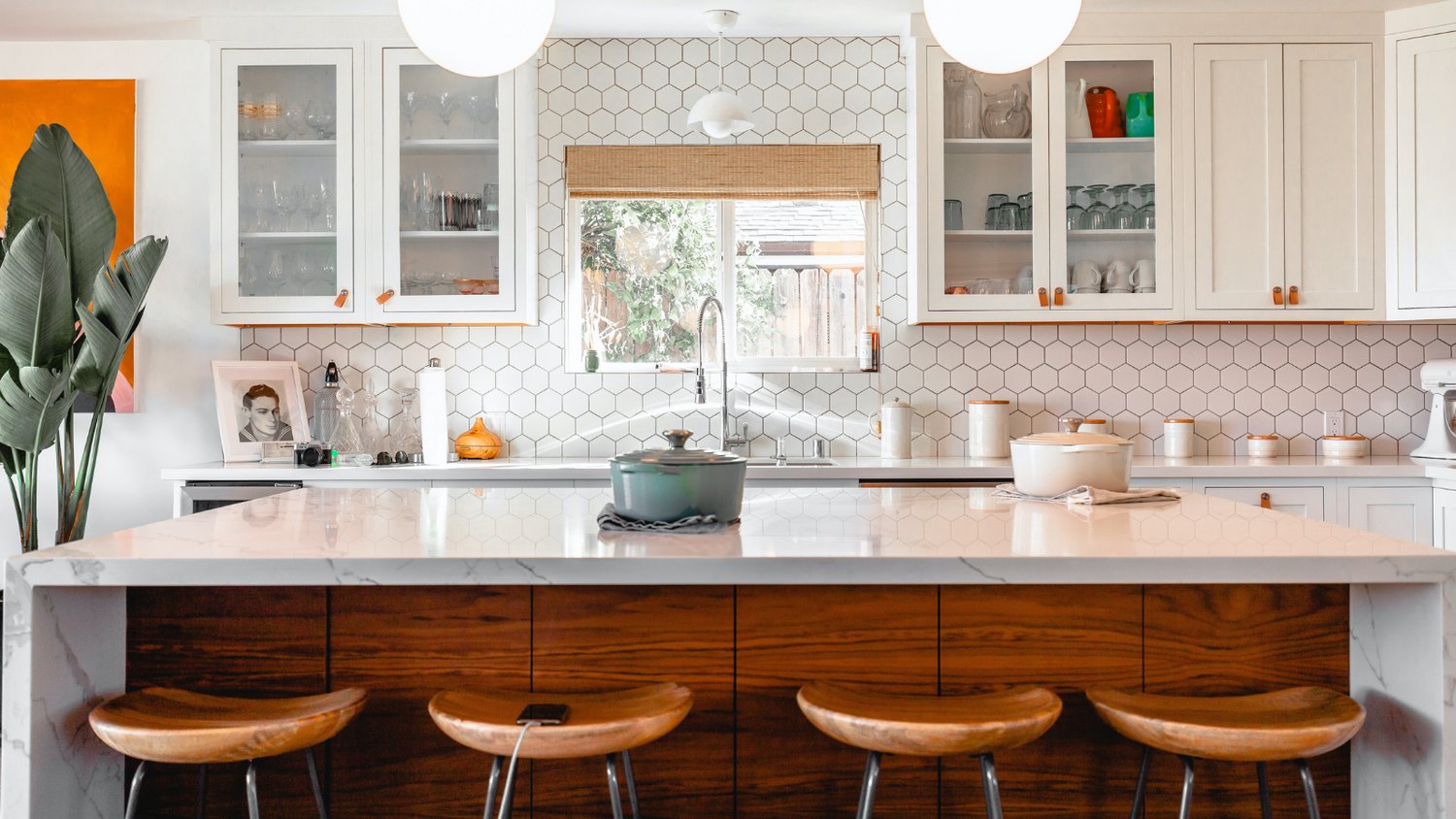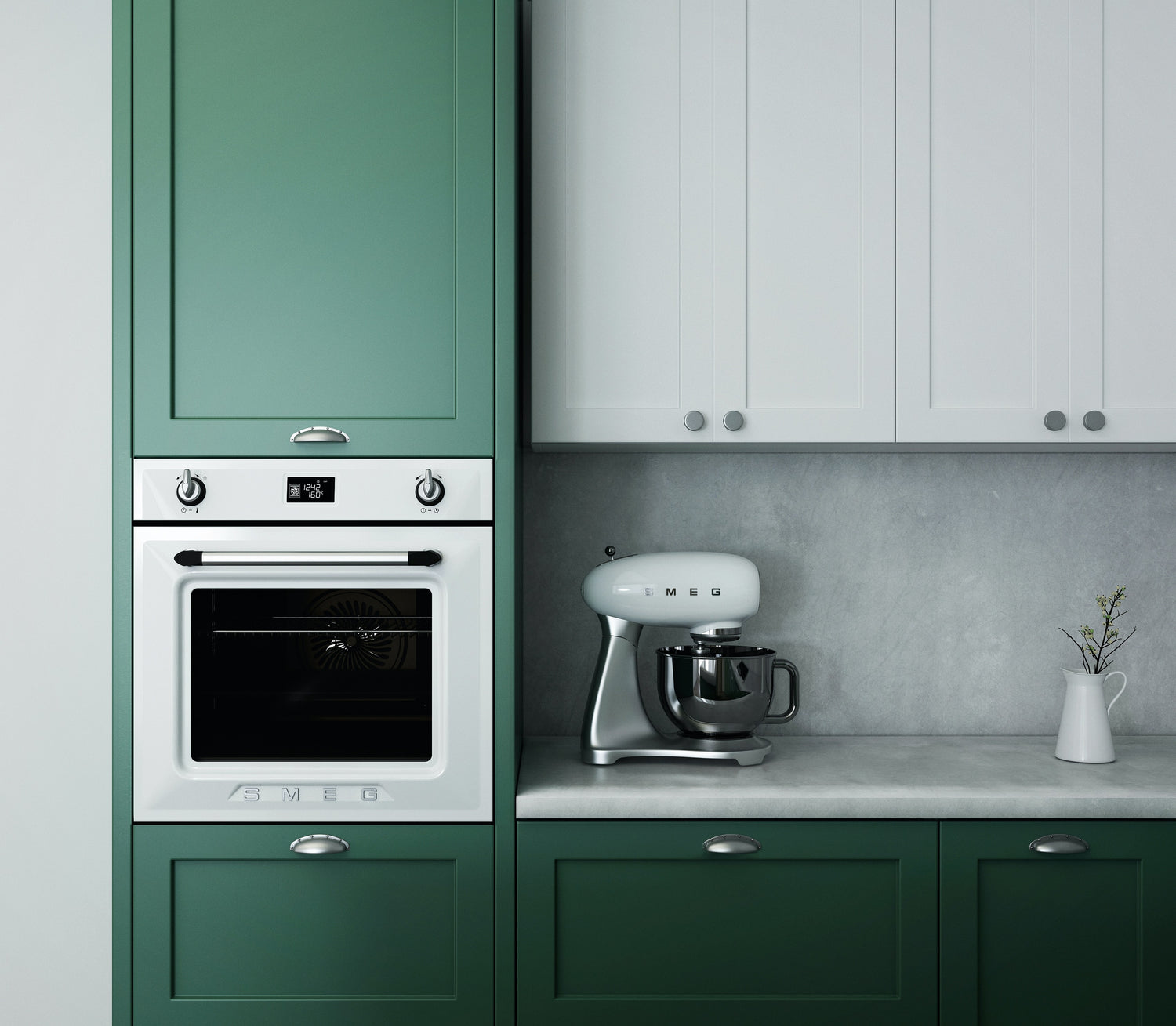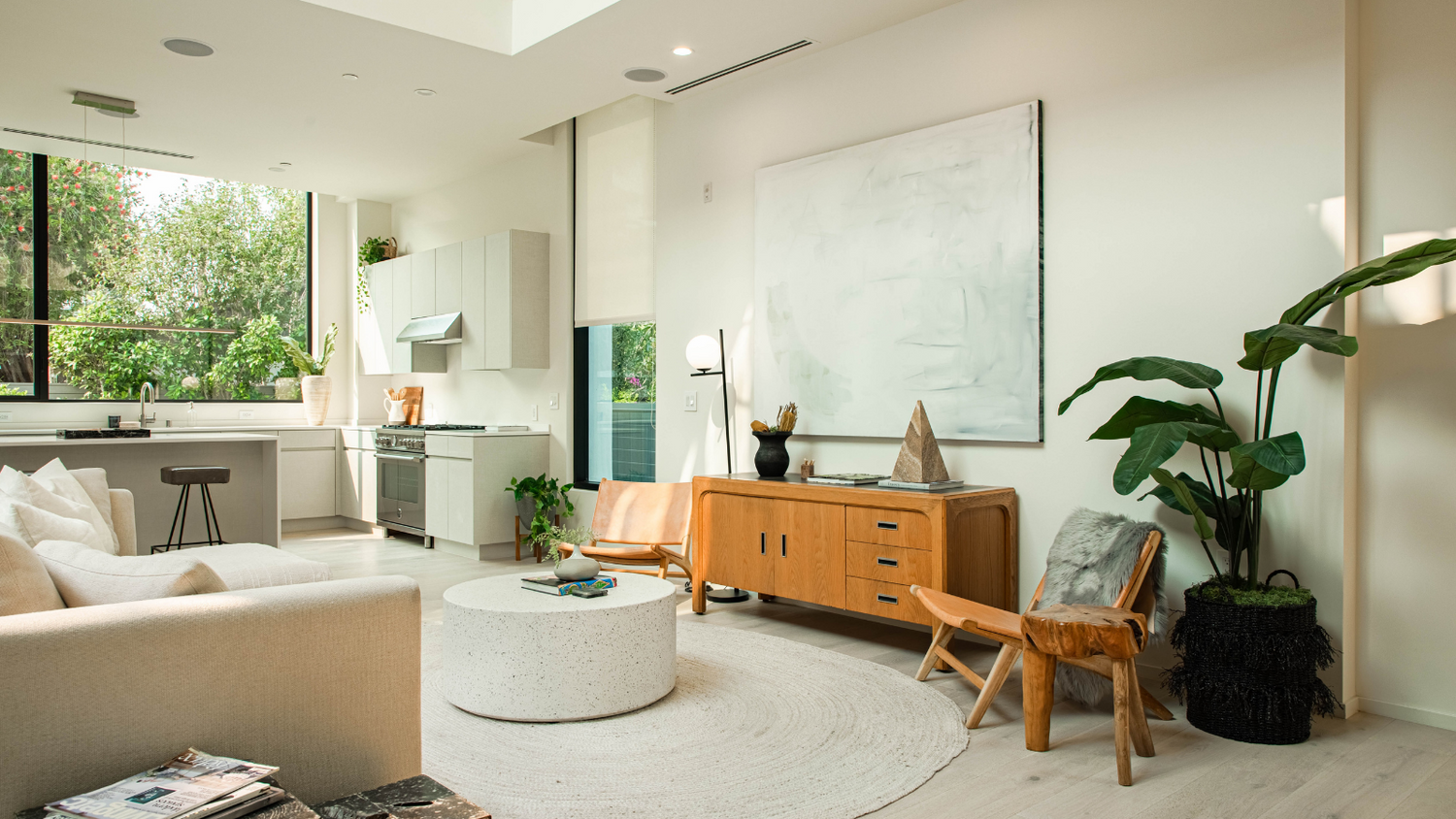We all know that getting a good night’s sleep is an important part of maintaining a healthy lifestyle and that we need our forty winks, but there are many bedroom battles that we face when trying to drift off, our latest research has identified some of the nation’s sleeping habits, along with insight from sleep expert Dr Neil Stanley.
The average person takes 33.5 minutes to get to sleep and over a third report that they find it harder to fall asleep than to wake up in the morning. We’re constantly looking for ways to wind down in the evenings, with 54% of us revealing that they turn to reading books before bed to help them nod off.
Sleep expert and author of How to Sleep Well, Dr. Neil Stanley stated: “One of the biggest barriers to sleep is an overactive mind. Stress, worry and anger will all keep sleep at bay. Remember what your granny used to say: “don’t go to bed angry”. Anything that reduces stress or anger before bed will help you sleep. Using smart home tech to control your lights, in an agreed manner, can help reduce this source of stress from the bedroom.”
Human hibernation
Light has a big impact on sleep patterns, with the seasons affecting our bedtimes. We tend to make the most of the longer, lighter days in summer by heading to bed later than in winter, with 60% of us going to bed after 10.30pm in summer and 56% in the colder, darker months.
Stanley explained: “Sunlight is our primary ‘zietgeber’ (time giver) just a few minutes of daylight are enough to signal to our body and brains that it is day and that we should be awake. Similarly, darkness tells the brain that it is time for sleep. In summer, this works to our advantage. It is easy to get up on a bright summer’s morning and we can enjoy the evening sunshine. In winter, however, it is a different story; the dark, cold mornings make it difficult to get out of bed, the brain still believing it is night and the early darkness means we get sleepy earlier."
“Using artificial light can help. Bright light on waking gets us ready for the day and programming your lights to automatically mimic the gradual darkening seen in a sunset can help prepare the brain for sleep.”
All Lightwave smart dimmers can be set to dim automatically after dusk, giving the home an ambient glow, perfect for relaxing and winding down. Similarly, lights can be set to brighten by 10% at regular intervals, helping you to wake up gently to start the day. It is easy to set these schedules for each room in the house, giving everyone a helping hand to rise at the right time.

Lights out, all out
When our heads finally hit the pillow, the last thing we want to do is to get back up and out of bed. One in 10 people said getting out of bed to switch the lights off is one of the most annoying things about the bedtime routine, and almost a third admitted to having argued with their partner about who should be reaching for the light switch.
A couple of options that could help with this are a Lightwave handset kept on the bedside table, which can be used to remotely control ceiling lights via the smart dimmer. Look for Connect Series Dimmers (LW400) and compatible controllers (LW100). Alternatively, use a smart speaker to control lights on or off with your voice. Lightwave Smart Series dimmers can be controlled by Apple HomeKit and all dimmers respond to Alexa and Google Assistant commands.



